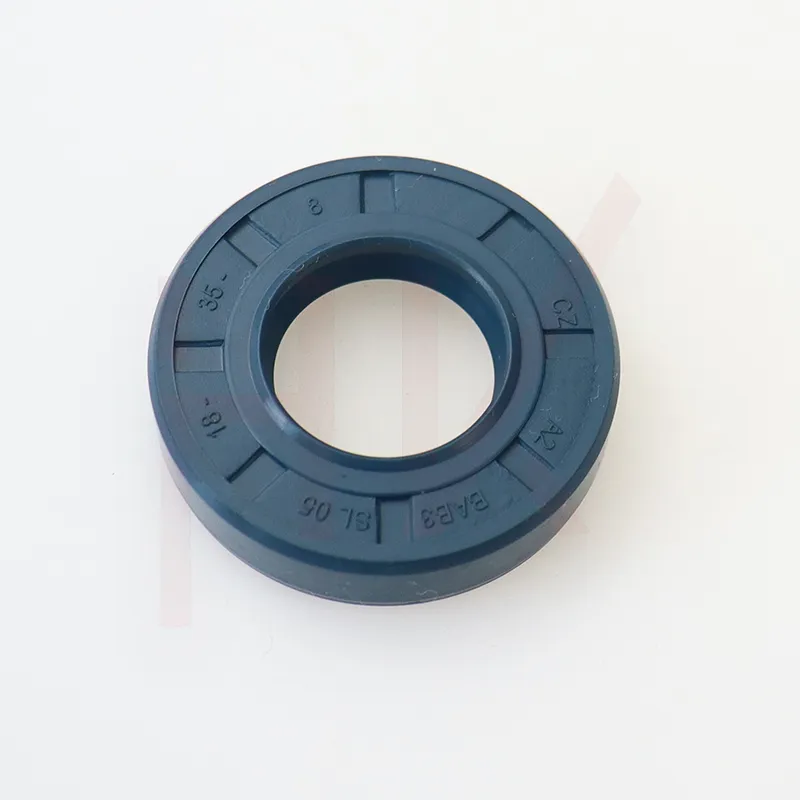Oct . 05, 2024 10:13 Back to list
Hub Bearing Seal Design and Performance for Enhanced Vehicle Efficiency and Durability
Understanding Hub Bearing Seals Essential Components for Vehicle Performance
Hub bearing seals are critical components in automotive engineering, designed to protect hub assemblies from external contaminants while ensuring optimal performance and longevity. They serve as a barrier against dust, dirt, water, and other environmental elements that could penetrate the hub assembly and cause damage to the bearings inside.
The hub bearing is a vital part of a vehicle's wheel assembly, supporting the vehicle's weight and allowing for smooth and efficient wheel rotation. Without proper sealing, the bearings can experience premature wear and tear, leading to costly repairs and diminished vehicle performance. Therefore, the integrity of the hub bearing seal is essential.
There are various types of hub bearing seals, including molded seals, felt seals, and lip seals, each with unique designs and applications. Molded rubber seals are widely used due to their excellent flexibility, durability, and resistance to weathering and chemical exposure. Felt seals are less common today but were historically valued for their ability to retain lubrication. Lip seals, featuring a flexible lip that presses against the bearing surface, are particularly effective in reducing friction and preventing leakage.
hub bearing seal

Installation of hub bearing seals requires precision, as improper fitting can lead to sealing failure. Factors such as the correct alignment, adequate lubrication, and the right seal material need to be considered during installation. Manufacturers often provide specific guidelines to ensure that these seals are installed correctly, which reinforces their effectiveness in safeguarding the bearings.
Regular maintenance and inspection of hub bearing seals are essential for vehicle owners and fleet managers. Over time, seals can wear out, crack, or become damaged, which may compromise their sealing ability. Signs of failure can include noise from the wheel assembly, increased play in the wheel, or visible leakage of lubricant.
Moreover, advancements in materials and manufacturing processes have led to the development of enhanced hub bearing seals that offer improved performance. New technologies have enabled the production of seals that can withstand higher temperatures and pressures, making them ideal for heavy-duty applications.
In conclusion, hub bearing seals are more than just protective barriers; they are indispensable for maintaining vehicle integrity and performance. Understanding their role and ensuring proper maintenance can significantly extend the life of the hub bearings, enhancing both safety and efficiency on the road. Vehicle owners should pay close attention to these critical components to avoid potential issues and ensure a smooth driving experience.
-
TCN Oil Seal Metal Ring Reinforcement for Heavy Machinery
NewsJul.25,2025
-
Rotary Lip Seal Spring-Loaded Design for High-Speed Applications
NewsJul.25,2025
-
Hydraulic Cylinder Seals Polyurethane Material for High-Impact Jobs
NewsJul.25,2025
-
High Pressure Oil Seal Polyurethane Coating Wear Resistance
NewsJul.25,2025
-
Dust Proof Seal Double Lip Design for Construction Equipment
NewsJul.25,2025
-
Hub Seal Polyurethane Wear Resistance in Agricultural Vehicles
NewsJul.25,2025
-
The Trans-formative Journey of Wheel Hub Oil Seals
NewsJun.06,2025
Products categories
















